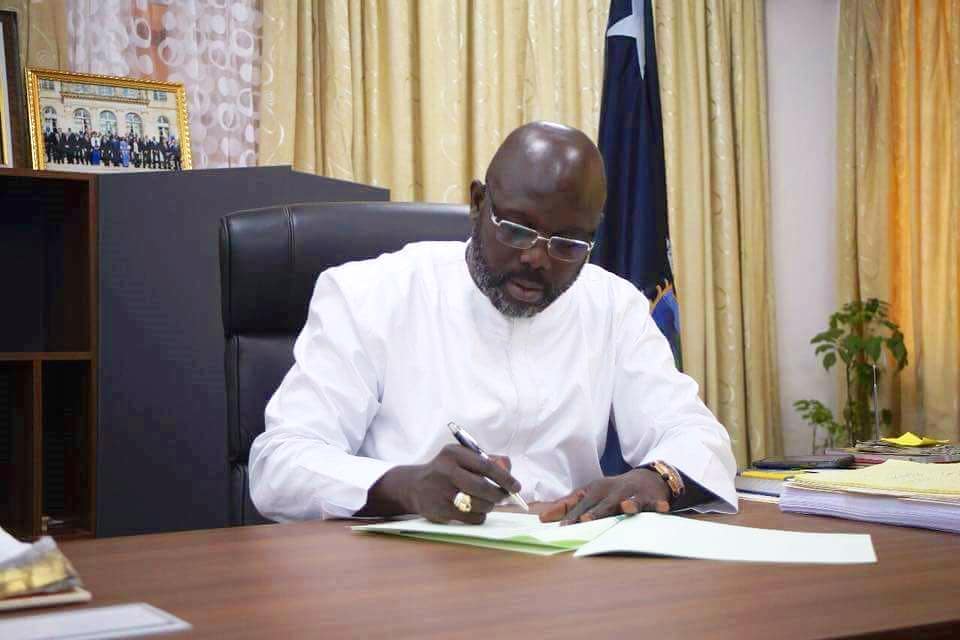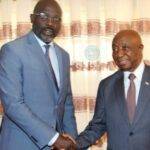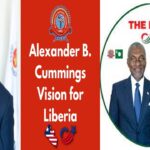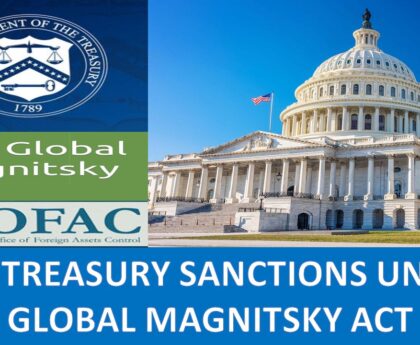The administration of President George Weah in Liberia has been marked by both hope and controversy. Elected in 2017 as the 25th President of Liberia, Weah’s rise from a celebrated football icon to a political leader brought aspirations of positive change. However, his presidency has also faced challenges, including concerns over alleged killings and human rights abuses. This article delves into these issues, examining the allegations, their implications, and the broader context in which they occur.


Allegations of Killings
Several allegations of killings and human rights abuses have emerged during President Weah’s tenure. These allegations span a range of incidents, including protests, political violence, and confrontations with security forces. Critics argue that these incidents raise serious concerns about the state of human rights and the rule of law in Liberia.
One notable case is the killing of Henry Costa, a prominent political commentator and opposition figure. In December 2020, Costa alleged that an attempt on his life was made by unknown assailants. While no direct link to the government was established, the incident raised concerns about the safety of government critics and political opposition in Liberia.
Another incident involved the killing of protesters during anti-government demonstrations in 2019. Human rights organizations reported the use of excessive force by security forces during these protests, resulting in several deaths and injuries. The government’s response to these incidents was met with criticism from both domestic and international observers.
Implications and Concerns
The allegations of killings and human rights abuses in President Weah’s government have raised several significant concerns:
- Rule of Law: The rule of law is a fundamental pillar of any democratic society. Allegations of extrajudicial killings and abuses by security forces erode confidence in the legal system and the government’s commitment to upholding human rights.
- Political Climate: A tense political climate, with allegations of violence and intimidation, can hinder political discourse and participation. This environment may discourage opposition voices and stifle democratic processes.
- International Relations: Allegations of human rights abuses can strain Liberia’s relationships with the international community. Donors and foreign governments may reconsider their engagement with the country if concerns persist.
- Impunity: The perception of impunity can undermine public trust in institutions. For justice to prevail, allegations of abuse and killings must be thoroughly investigated, and perpetrators held accountable.
- Impact on Development: Political instability and human rights concerns can divert attention and resources away from crucial development initiatives that Liberia needs to progress.
Government Response and Accountability
President Weah’s government has responded to these allegations by promising investigations and accountability. However, progress in resolving these cases and addressing concerns about human rights has been mixed, and skepticism remains among many observers.
Moving Forward
Addressing allegations of killings and human rights abuses in Liberia’s government requires a multi-faceted approach:
- Transparent Investigations: Conduct thorough, transparent, and impartial investigations into alleged abuses, ensuring that those responsible are held accountable under the law.
- Political Dialogue: Encourage open and constructive political dialogue to address grievances and create a more inclusive political environment.
- International Oversight: Collaborate with international organizations and human rights groups to ensure that investigations are unbiased and credible.
- Strengthening Rule of Law: Invest in strengthening the rule of law, including reforms within the security forces, to prevent future abuses.
Conclusion
The allegations of killings and human rights abuses in President George Weah’s government are a cause for concern both domestically and internationally. Liberia’s progress as a democratic nation and its ability to attract investment and development assistance are closely linked to its commitment to human rights and the rule of law. Addressing these allegations, ensuring accountability, and fostering a climate of political openness are essential steps towards a more stable and prosperous Liberia.




